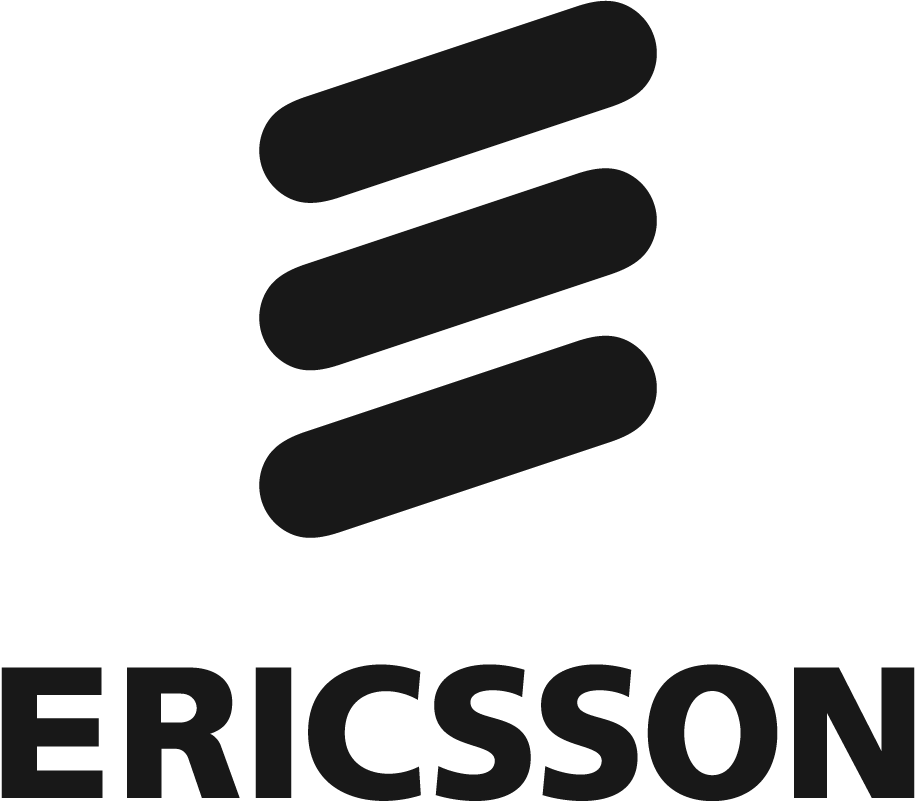Ericsson's Respect for Human Rights

Originally published in Ericsson's 2021 Sustainability and Corporate Responsibility Report
Companies have a responsibility to respect internationally recognized human rights. Ericsson is a founding member of the UN Global Compact, an early adopter of the UN Guiding Principles on Business and Human Rights and a member of the Global Network Initiative. Ericsson is committed to this responsibility across its business operations, including its supply chain and end use of products.
While there are many benefits to technology, the increasing use of Information and Communication Technology (ICT), and specifically of new technologies such as machine learning and artificial intelligence (AI), can create human rights challenges. Ericsson is committed to ensuring that misuse of its technology and related human rights impacts are prevented.
The Company leads by example in embedding human rights due diligence across its business operations. The aim of these actions is to ultimately provide better outcomes for people and ensure the Company’s technology is a force for good, by preventing and mitigating intended and unintended misuse.
Risks and opportunities
Ericsson has analyzed its supply chain, own operations and the use of its products in terms of respect for human rights. Ericsson identifies its salient human rights issues as the right to freedom of expression, the right to privacy in relation to the use of its technology, as well as primarily labor-related rights as the prevailing set of rights for responsible management of suppliers. These salient human rights issues have been defined based on continuous due diligence, expert guidance, and internal and external dialogue, as well as through analysis of Ericsson’s current operations and business engagements.
In 2021, Ericsson published a human rights assessment of 5G technology, identi fying a range of impact areas and necessary mitigating actions for the Company and the broader ICT industry. The assessment cuts across the ICT value chain and includes impact areas such as automation and job t ransitions, IoT and privacy concerns, government surveillance, and digital inclusion, as well as mitigations for each impact area. Since its publication, the assessment has been a foundation for further stakeholder engagement and awareness raising throughout the year.
In order to assess, prevent and mitigate potential misuse of Ericsson’s technology, the Company has integrated human rights due diligence into its sales process through the Sensitive Business Framework. This framework aims to ensure that business opportunities and engagements are conducted in accordance with international human rights standards.
The Sensitive Business Framework evaluates sales opportunities from a human rights risk perspective. Risks are identified based on the parameters of the Sensitive Business risk methodology (see graph on page 21). As a result of these due diligence measures, Ericsson decides how to proceed with the opportunity and how to mitigate identified risks. The decision can be to approve, with or without conditions, or to reject the sales engagement. Conditional approvals include technical and contractual mitigations as applicable.
Governance
Ericsson’s commitment to respect human rights is part of its Code of Business Ethics (CoBE) and its Code of Conduct for Business Partners (CoC). The Ericsson Business and Human Rights Statement further clarifies Ericsson’s commitment to respect human rights throughout its value chain. Ericsson’s Sensitive Business Board, a crossfunctional forum that consists of high-level representatives of Group Functions and Business Areas, oversees the Sensitive Business Framework, and meets regularly.
Performance
2021 The market areas and Customer Units shall obtain Sensitive Business approval before moving ahead with a sales engagement. All contractual mitigations in a Sensitive Business conditional approval must be included in the customer contract.
Ericsson achieved its target of 100% adherence to the Sensitive Business process in 2020 and continued to monitor the adherence to the process during 2021.
In 2021, 722 cases were evaluated through the Sensitive Business framework. As in the previous year, all applicable contracts included relevant conditions, and all required conditions as decided in the Sensitive Business process were duly implemented. Ericsson continues to monitor the adherence to the Sensitive Business process during 2022.
During 2021, Ericsson has not, through its reporting channels, been made aware of any human rights violations in which the Company has been involved, and consequently no remediation actions have been undertaken.
Other relevant activities
During 2021 Ericsson continued its engagement as a thought leader on business and human rights within the ICT industry. Examples of activities include participating in the UN B-Tech Project’s Community of Practice, joining the Danish Government’s Tech for Democracy Initiative, as well as continuing the Company’s engagement on aligning upcoming EU mandatory human rights due diligence legislation with international human rights standards. Additionally, developments in countries such as Myanmar and Afghanistan required the Company to implement enhanced due diligence measures to address rising human rights risks.

